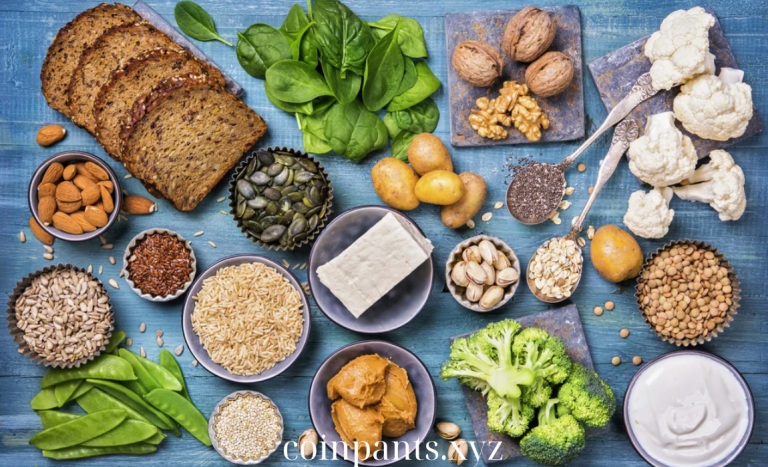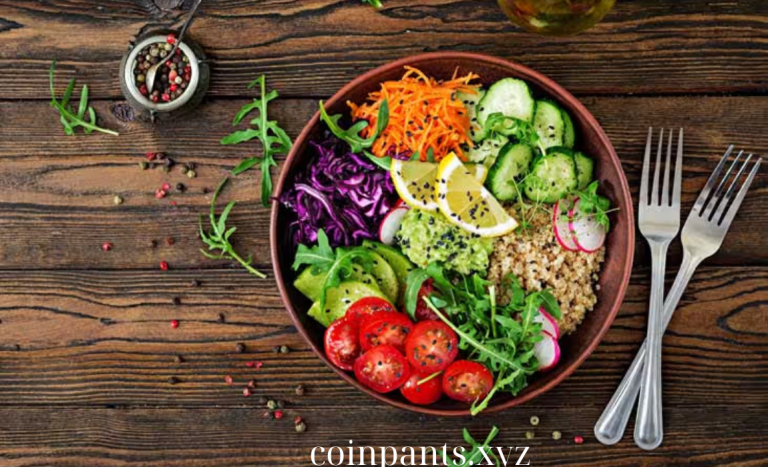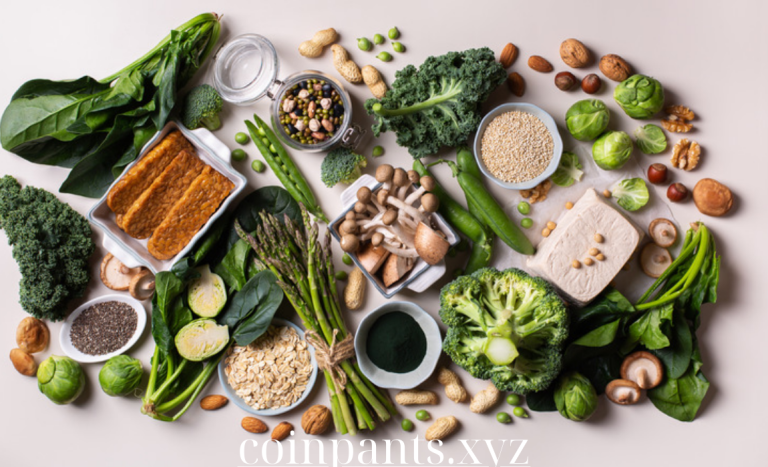
Maintaining a balanced vegetarian diet requires a focus on essential nutrients that might otherwise be abundant in animal products. Vegetarians need to ensure they receive all the vitamins and minerals required for optimal health. Here’s a guide to the key nutrients that vegetarians should prioritize and how to incorporate them into everyday meals.
1. Protein
Protein is vital for muscle repair, immune function, and overall energy. While meat is a primary source of protein for many, there are excellent plant-based alternatives for vegetarians.
- Sources: Lentils, chickpeas, quinoa, tofu, tempeh, seitan, beans, peas, and edamame.
- How to Incorporate: Add beans or lentils to soups and salads, include tofu or tempeh in stir-fries, or make a quinoa salad for a protein-packed lunch.
2. Iron
Iron helps transport oxygen throughout the body and is crucial for maintaining energy levels. Plant-based iron (non-heme iron) is less readily absorbed by the body compared to the iron found in meat, so vegetarians need to consume more of it and pair it with vitamin C to enhance absorption.
- Sources: Spinach, lentils, chickpeas, fortified cereals, pumpkin seeds, quinoa, and tofu.
- How to Incorporate: Pair spinach with a squeeze of lemon juice (vitamin C) in a salad, cook lentils in a tomato-based sauce, or snack on a handful of pumpkin seeds for a healthy iron boost.
3. Vitamin B12
Vitamin B12 is essential for brain function and red blood cell production. Since B12 is primarily found in animal products, vegetarians must ensure they get enough from fortified foods or supplements.
- Sources: Fortified plant-based milks, fortified breakfast cereals, nutritional yeast, and B12 supplements.
- How to Incorporate: Sprinkle nutritional yeast over popcorn or pasta for a cheesy flavor, choose fortified non-dairy milk for smoothies or coffee, or consider a B12 supplement if needed.
4. Omega-3 Fatty Acids
Omega-3s support heart health, brain function, and inflammation reduction. While fish is the main source of omega-3, vegetarians can rely on plant-based sources of alpha-linolenic acid (ALA), which the body can convert to omega-3s.
- Sources: Chia seeds, flaxseeds, hemp seeds, walnuts, and algae-based supplements.
- How to Incorporate: Add ground flaxseeds or chia seeds to smoothies or oatmeal, toss walnuts into salads, or use hemp seeds in baked goods.
5. Calcium
Calcium is crucial for maintaining strong bones and teeth. Many vegetarians consume dairy products, which provide plenty of calcium, but for those following a dairy-free diet, plant-based sources of calcium are essential.
- Sources: Kale, broccoli, almonds, fortified plant-based milks, tofu made with calcium sulfate, and fortified orange juice.
- How to Incorporate: Blend kale into green smoothies, snack on almonds, or opt for calcium-fortified plant milk in cereal.
6. Vitamin D
Vitamin D helps the body absorb calcium and supports immune function. Since it’s mainly obtained from sun exposure, vegetarians, especially those living in less sunny climates, might need fortified foods or supplements.
- Sources: Fortified plant-based milks, mushrooms exposed to sunlight, fortified cereals, and supplements.
- How to Incorporate: Include mushrooms in stir-fries or soups, select fortified plant-based products, or take a vitamin D supplement during winter months.
7. Zinc
Zinc is essential for immune function, wound healing, and DNA synthesis. While it’s found in animal products, there are vegetarian-friendly sources that can provide adequate zinc levels.
- Sources: Pumpkin seeds, lentils, chickpeas, quinoa, cashews, and fortified cereals.
- How to Incorporate: Add pumpkin seeds to salads, roast chickpeas for a snack, or include quinoa in meals for an extra zinc boost.
8. Iodine
Iodine is crucial for thyroid function and maintaining energy levels. Since iodine is typically found in fish and dairy, vegetarians need to seek out alternative sources.
- Sources: Iodized salt, seaweed, and fortified bread.
- How to Incorporate: Use iodized salt in cooking or add dried seaweed (like nori or kelp) to soups, salads, or sushi rolls.
9. Vitamin A
Vitamin A supports vision, skin health, and immune function. While vegetarians don’t need to worry about animal-derived vitamin A, they should ensure they consume enough beta-carotene, which the body converts into vitamin A.
- Sources: Carrots, sweet potatoes, butternut squash, spinach, and kale.
- How to Incorporate: Enjoy roasted sweet potatoes as a side dish, blend carrots into soups, or add spinach to smoothies for a vitamin A boost.
10. Selenium
Selenium is a powerful antioxidant that protects the body from oxidative damage and supports thyroid health.
- Sources: Brazil nuts, sunflower seeds, brown rice, and lentils.
- How to Incorporate: Snack on Brazil nuts (just one or two provide enough selenium), add sunflower seeds to trail mix, or use brown rice as a base for veggie bowls.
Final Thoughts
By focusing on nutrient-rich plant foods and incorporating a variety of ingredients, vegetarians can easily meet their nutritional needs. The key is to plan meals thoughtfully, ensuring a balance of protein, vitamins, and minerals. With these nutrient-packed foods, vegetarians can enjoy a healthy, vibrant lifestyle.






